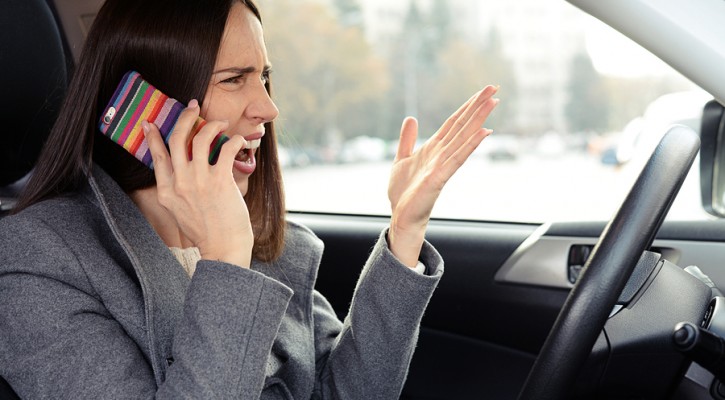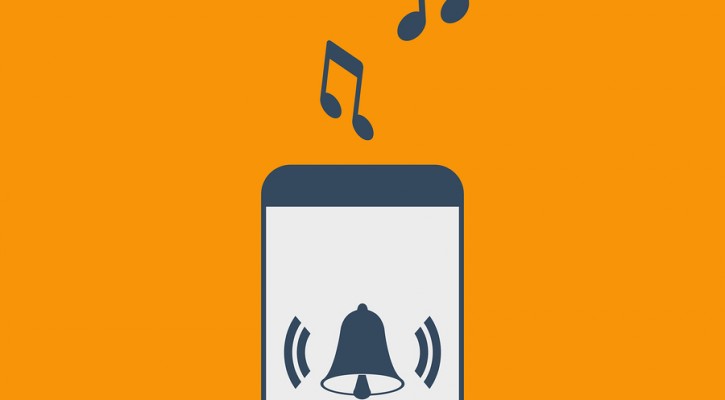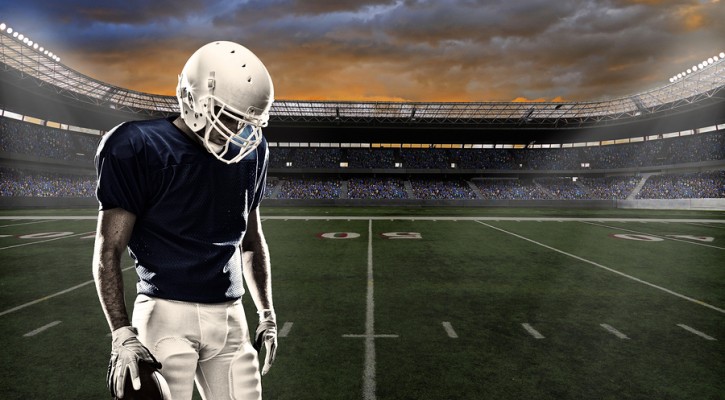Tag Archive: Driver distractions

Strong Emotions Increase Crash Rate Tenfold
February 26, 2016
In 2006, the Virginia Tech Transportation Institute (VTTI) along with the National Highway Traffic Safety Administration (NHTSA) conducted a natural driving behavior study by outfitting 100 cars with sensors and cameras that observed both the driver and events outside the vehicle. Recently, VTTI added to that original study by conducting the largest study of its kind. In the latest study, VTTI followed more than 3,500 participants across six points in the US. The results showed that driver emotions are just as, if not more dangerous than driver distractions.
In the first study, the subject vehicles logged nearly two million miles and were involved in 761 near crashes and 82 actual crashes. The results showed that almost 80 percent of motor vehicle crashes and 65% of near crashes involve driver inattention within three seconds before the event.
In the second study, VTTI again outfitted driver’s personal vehicles with unobtrusive instrumentation, including a suite of cameras, sensors, and radar. The instruments continuously recorded real-world driver performance and behavior, from the time the drivers turned on the ignition to the time they turned the engine off. The drivers participated between one and two years each and accumulated more than 35 million miles of observable data.
Unlike the first study that looked at events and driver behaviors that led to both near and actual crashes, the second study only collected data on 1,600 actual crashes ranging in severity from low, such as striking the curb, to severe, police-reportable crashes.
Driving experts have known for years that driver emotions and attitude have the greatest impact on driving safety. This study was able to see that relationship in greater detail. According to the researchers, “drivers increase their crash risk nearly tenfold when they get behind the wheel while observably angry, sad, crying, or emotionally agitated.”
Where distracted driving is concerned, the researchers found that:
- Drivers engage in some type of distracting activity more than 50 percent of the time they are driving.
- Crash rates are doubled when drivers engage in distracting activities that require them to take their eyes off the road, such as using a handheld cell phone, reading or writing, or using touchscreen menus on a vehicle instrument panel.
It all comes down to basics; drive the car instead of letting your emotions drive you and avoid distracting behaviors at all costs.
To learn more read: Researchers determine driver risks using large-scale, crash-only naturalistic database

Cell Phone Notifications Are A Distraction Too
July 23, 2015
We all know that talking on a cell phone or reading and sending text messages while driving is a major distraction for drivers but it turns out that just receiving notifications are distracting too, even if the phone calls or texts aren’t answered or read.
This finding was described in a study conducted by researchers at Florida State University (FSU) and published in the Journal of Experimental Psychology: Human Perception and Performance.
To conduct their study, the FSU researchers had volunteers participate in a computerized exercise to determine their ability to concentrate and complete assigned tasks. Once that test had been completed and the results recorded, the volunteers were given the test again. In the second test, the volunteers were randomly assigned to three groups; no notifications, call, or text.
During the second exercise, the researchers called or sent text messages to the assigned volunteers. The volunteers weren’t aware that the calls and texts were part of the study or that the notifications were generated by the researchers.
The results showed that, even though they didn’t respond to the calls or texts, those volunteers who heard or felt the vibrations from the call or text notifications made more mistakes on their computerized tasks than those who didn’t receive any notifications. The results showed that, among those who received a notification, their chances of making a mistake were three times greater than those who didn’t receive any notifications.
According to the researchers, the study shows that the notifications were enough to distract an individual from concentrating on the task at hand. Comparing their data to other studies on the subject, the researchers concluded that just receiving notifications can be as distracting as actually answering the phone or a text.
While not tied specifically to driving, the study shows that drivers, especially those who may find themselves in situations where their concentration is needed most (construction zones, narrow roads with heavy traffic, etc.), could possibly be distracted enough by phone notifications to make a critical mistake on the road.
For drivers, the best bet is to turn the cell phone off while driving.
Read more: Cell phone alerts may be driving you to distraction

If The Home Team Loses, You May Lose Too
January 30, 2015
When the home team loses, auto collision rates increase around NFL stadiums. This finding is the result of a study by the Highway Loss Data Institute. The Institute looked at insurance collision claims in zip codes for 31 NFL stadiums and zip codes nearby.
The researchers found that claims went up on days when home games were played. This may make sense due to the large amount of traffic around an NFL stadium on game days but reasons behind these crash claims go deeper than that.
Not only did claims go up on game days, there were big differences based on whether the home team won or lost. When the home team won, the crash rate increased by 3.2 percent compared to days when the team was out of town. When the home team lost, the crash rate was 9.4 percent higher.
What would explain the higher crash rate when the home team loses? Driving safety experts have long known that driver emotions are the driving force behind car crashes. No matter the emotion, any emotion, whether good or bad, that can take your mind off the road can lead to a crash.
Drivers, who may be elated by a win and in a celebratory mood, may not be devoting their full concentration to the road ahead. Drivers who are upset or angry by the loss may also be giving less attention than needed to the road ahead but their anger can also make them impatient with other drivers. Their anger and frustration may also lead them to take chances they might not otherwise take.
With the Super Bowl approaching, no matter where they live, fans all over the nation will be attending Super Bowl parties, either at private homes or sports bars. Even though the teams involved may not be the home team, ardent football fans will root for one team or another and passions will be high. Alcohol, which is a depressant, may be involved, adding to the anger and frustration for fans of the losing team.
Drivers need to be aware of these emotions and the effect they may have on their driving. If you bet on a team and lose, your anger will most likely be even greater. Spouses or partners of rabid football fans may want to take over the driving duties after the game regardless of who wins or loses.
If alcohol is involved in your Super Bowl plans, make sure you have a plan for getting home either with a designated driver or by calling a cab.
One team has to lose and that means, unless fans can put the game behind them and concentrate on the road, other drivers who aren’t invested in the game will be in danger too.
Read more: Home team loss boosts collision claim rates around NFL stadiums
